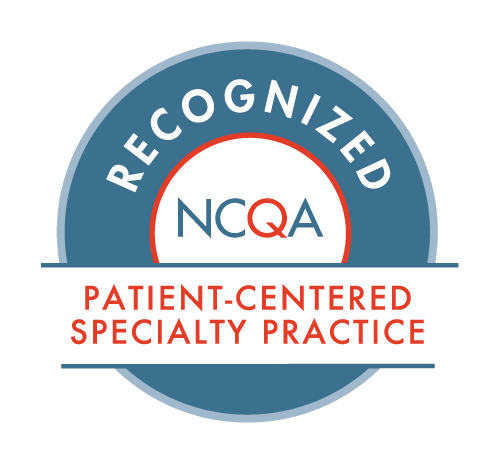Nuclear Cardiology
- Posted on: Nov 15 2018
Most people haven’t heard the term “nuclear cardiology,” but they may know a friend or relative who has reaped the benefits from it. Nuclear cardiology has played a pivotal role in establishing the diagnosis of heart disease and in the assessment of disease extent and the prediction of outcomes when it comes to coronary artery disease.
We provide various nuclear cardiology assessments at Hunterdon Cardiovascular Associates.
The stats
Heart disease is the leading cause of death in the United States, along with most of the developed world. Each year in the U.S., over half a million people die from coronary artery disease. But early diagnosis and treatment of heart disease have improved dramatically over the past 20 years. Nuclear cardiology has played a major role in diagnosing heart disease and predicting outcomes.
What is nuclear cardiology?
Nuclear cardiology gets its rather ominous moniker because it uses a small amount of radioactive tracer to illuminate the heart. This allows the team at Hunterdon to safely take pictures of the heart. During a nuclear cardiology test, we inject a radionuclide into a vein and it progresses through the vein up to the heart. We then use a very sensitive gamma camera to take images and videos of the heart at rest, during exercise, or under medication-induced stress.
These images and videos help us identify coronary heart disease, the severity and damage of prior heart attacks, and the risk of future heart attacks. Nuclear cardiology provides us with very precise measurements of the patient’s heart size and function, along with the amount of heart muscle that is at risk.
What do nuclear cardiology tests evaluate?
We use this testing for a variety of purposes. They allow us to evaluate:
- The function of your heart and how well it is pumping blood
- The flow of blood to the heart, including whether or not your arteries are blocked or narrowed
- Whether your chest pain, fatigue, or shortness of breath is due to heart disease
- Whether you are at higher risk due to risk factors such as high blood pressure, diabetes, smoking, or family history
- The effectiveness of potential treatments, such as if angioplasty or stents could be successful
- The effectiveness of lifestyle interventions, such as medications, stents, bypass surgery, or diet and exercises changes
At Hunterdon Cardiovascular Associates, nuclear cardiology testing is one of the important tools we use to keep our patients’ hearts in good shape. Whether it’s heading off a cardiac event or checking to see how our treatment measures are doing, nuclear cardiology is a great asset. Call us at (908) 788-1710 to schedule an appointment or consultation.
Posted in: Nuclear Cardiology



